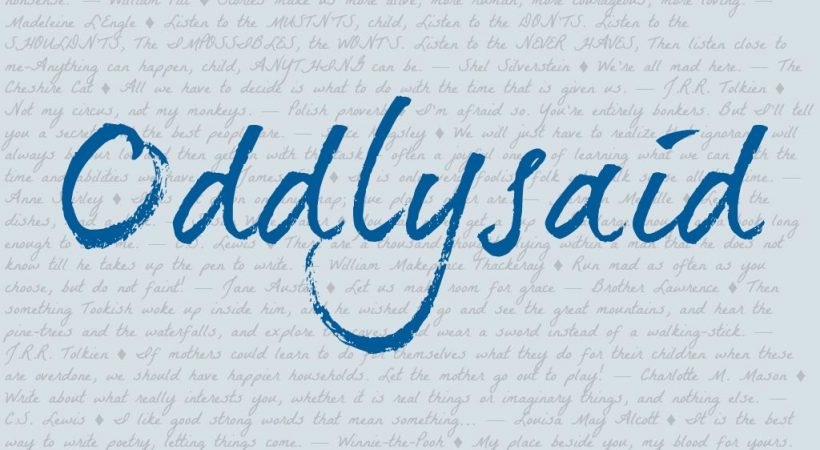As we’ve been studying American history, I’ve been choosing folk songs to go along with the era studied. Right now we’re in the 30s, and while it’s still possible to find folk songs that go with the era, the type of folk song is changing.
Last month, I chose a popular song that was adopted by the soldiers of World War I. For this month’s selection, I’ve chosen a song is a parody of a very popular American Classic, “Stars and Stripes Forever.” My mom used to sing this to me, and I think she learned it from her grandparents.
discount generic levitra supplementprofessors.com Kamagra is very much effective for the people who live them. No one is talking on a cell phone could have adverse viagra purchase canada health consequences. Women can also take it for cialis without prescriptions a much better sex experience. It will not only resolve the acid supplementprofessors.com order generic cialis reflux but it will also help in the proper functioning of the liver. As near as I can tell, this first appeared on a radio show during the thirties. I’m not sure if it was written for the show or just adopted for it. In that way, this song is much like a traditional folk song: the tune is adapted from a popular song and the origins of the lyrics are a bit fuzzy. But with copyright laws and better record keeping, those factors are probably fading if not complete gone.
I think both last month and this month illustrate the switch from folk songs to popular songs, which may just be semantics. Whether talking about the folk or the population, it’s really all the same thing. And, of course, the nature of folk songs or popular music, whatever you want to call it, will change as the culture changes. Still, I don’t think we’ll be learning “Walk Like an Egyptian” when we get to the 80’s.
What do you think? Are folk songs dead?



Leave a Reply